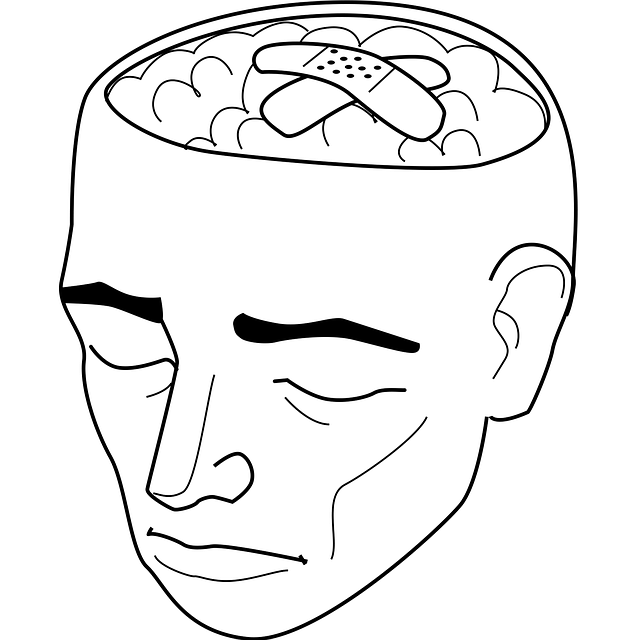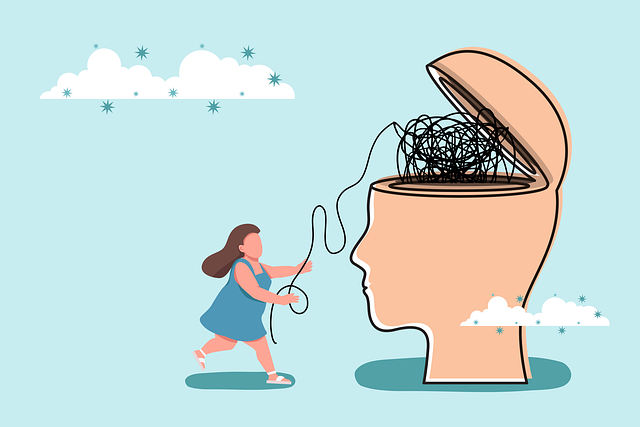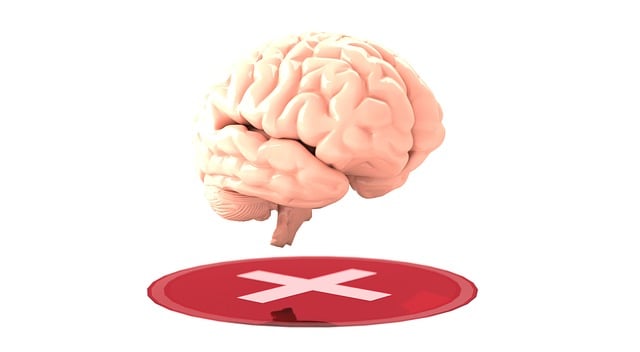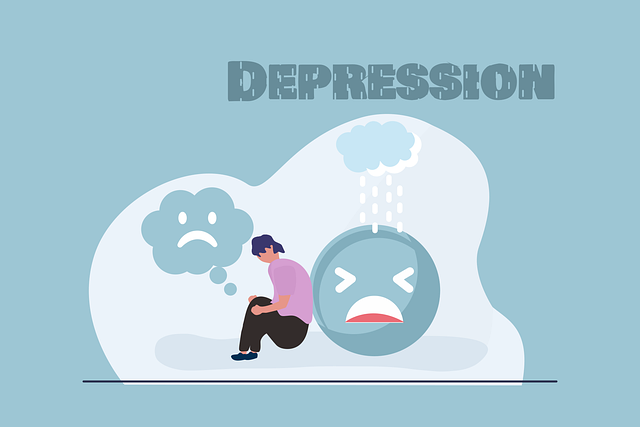The text highlights the detrimental impact of stigma on individuals seeking support for mental illness, specifically within Longmont Codependency Therapy. It emphasizes how societal attitudes and stereotypes hinder access to care, leading to discrimination and self-stigmatization. To combat this, therapy focuses on education through workshops, school programs, and open discussions to break down barriers. Longmont Codependency Therapy offers personalized strategies for codependency recovery and mental wellness, promoting boundary setting and self-esteem improvement. Community engagement and global initiatives, like awareness campaigns, have shown success in normalizing mental health conversations and reducing stigma, ultimately enhancing access to care worldwide.
Mental illness stigma remains a significant barrier to seeking help, with profound implications for individuals’ well-being. This article delves into various facets of stigma reduction efforts, exploring its root causes and devastating effects on mental health. We dissect effective strategies such as education initiatives and community empowerment, highlighting the transformative power of understanding. Furthermore, we present Longmont Codependency Therapy as a successful approach, offering practical tools for personal growth and societal change. Global success stories inspire hope while guiding future directions in the ongoing fight against stigma.
- Understanding Stigma and Its Impact on Mental Health
- The Role of Education in Reducing Stigma Around Mental Illness
- Longmont Codependency Therapy: Strategies for Change
- Empowering Communities to Support Mental Well-being
- Global Efforts: Success Stories and Future Directions
Understanding Stigma and Its Impact on Mental Health

Stigma around mental illness is a significant barrier to individuals seeking help and support. It often manifests as negative attitudes, stereotypes, and beliefs that can severely impact those struggling with their mental health. This societal stigma can lead to discrimination, social isolation, and even self-stigmatization, where individuals internalize these negative perceptions, causing further distress. In Longmont Codependency Therapy, understanding the profound effect of stigma is a critical first step.
When left unaddressed, stigma can hinder access to essential services like therapy, support groups, and community resources, creating a cycle of poor mental health outcomes. Conversely, efforts to reduce stigma through education, awareness campaigns, and initiatives like Positive Thinking, Stress Management Workshops Organization, and Social Skills Training can foster an environment of understanding and compassion. These strategies aim to break down barriers, encourage early intervention, and promote recovery for those facing mental health challenges.
The Role of Education in Reducing Stigma Around Mental Illness

Education plays a pivotal role in reducing the stigma surrounding mental illness, fostering an environment of understanding and empathy. By integrating mental health education into school curricula, we can equip young minds with the knowledge to recognize symptoms, demystify conditions like depression prevention and anxiety relief strategies, and promote early intervention. This proactive approach ensures that future generations are better equipped to navigate their own mental wellness journeys and support peers in need, potentially reducing the impact of stigma.
Longmont Codependency Therapy, for instance, highlights the importance of education in breaking down barriers. Through informative workshops and discussions, individuals learn about various mental health disorders, challenging societal misconceptions and promoting self-compassion. Encouraging open conversations about mental wellness, such as through Mental Wellness Journaling Exercises, can normalize these discussions, paving the way for reduced stigma and improved access to care.
Longmont Codependency Therapy: Strategies for Change

Longmont Codependency Therapy offers a range of strategies to combat codependency and promote mental wellness. This form of therapy focuses on helping individuals recognize unhealthy patterns in their relationships, foster self-esteem improvement, and develop compassion cultivation practices. Through personalized approaches, clients learn to set boundaries, assert themselves, and break free from codependent behaviors.
The programs emphasize the importance of self-reflection and introspection, empowering individuals to take charge of their emotional well-being. By participating in Longmont Codependency Therapy, people can access mental wellness coaching programs that guide them through various stages of change, ultimately leading to more fulfilling and balanced relationships.
Empowering Communities to Support Mental Well-being

In the context of mental illness stigma reduction, empowering communities plays a pivotal role in fostering open dialogues and creating supportive environments. Longmont Codependency Therapy, for instance, focuses on building community resilience and enhancing relationships, which are crucial aspects of mental well-being. By integrating evidence-based practices and communication strategies, these therapy programs equip individuals with the tools to navigate their mental health journeys while fostering a sense of belonging.
Through community engagement initiatives, risk assessment for mental health professionals can be conducted more effectively, allowing for early identification of mental health concerns. This proactive approach is essential in promoting self-esteem improvement and implementing appropriate interventions. By breaking down barriers and encouraging open conversations, communities can significantly contribute to reducing the stigma surrounding mental illness, ultimately leading to better access to care and improved overall well-being.
Global Efforts: Success Stories and Future Directions

Global Efforts to reduce mental illness stigma have been gaining momentum, with success stories emerging from various corners of the world. Initiatives like awareness campaigns, educational programs, and policy reforms are making a significant impact in normalizing conversations around mental health. For instance, countries like New Zealand and Sweden have led the way with innovative approaches, reducing the societal shame associated with seeking treatment. These efforts have been pivotal in encouraging individuals to prioritize their well-being without fear of judgment.
Looking ahead, future directions for Longmont Codependency Therapy and similar programs could involve integrating digital platforms for remote therapy sessions, making mental health support more accessible globally. Furthermore, a Risk Assessment for Mental Health Professionals can help identify at-risk practitioners and provide necessary support. By fostering a culture of positive thinking and understanding, we can continue to break down barriers, ensuring that everyone has equal access to quality mental health care.
Mental illness stigma reduction is a multifaceted approach, from education in schools to global initiatives. As discussed, Longmont Codependency Therapy offers powerful tools for change, emphasizing community support and understanding. By empowering individuals and communities with knowledge, we can foster an environment where mental well-being is prioritized and supported. Global success stories serve as a reminder that collective action can lead to significant shifts in societal attitudes, paving the way for better access to care and improved mental health outcomes. Continued efforts, inspired by these strategies, are crucial to eradicating stigma once and for all.














